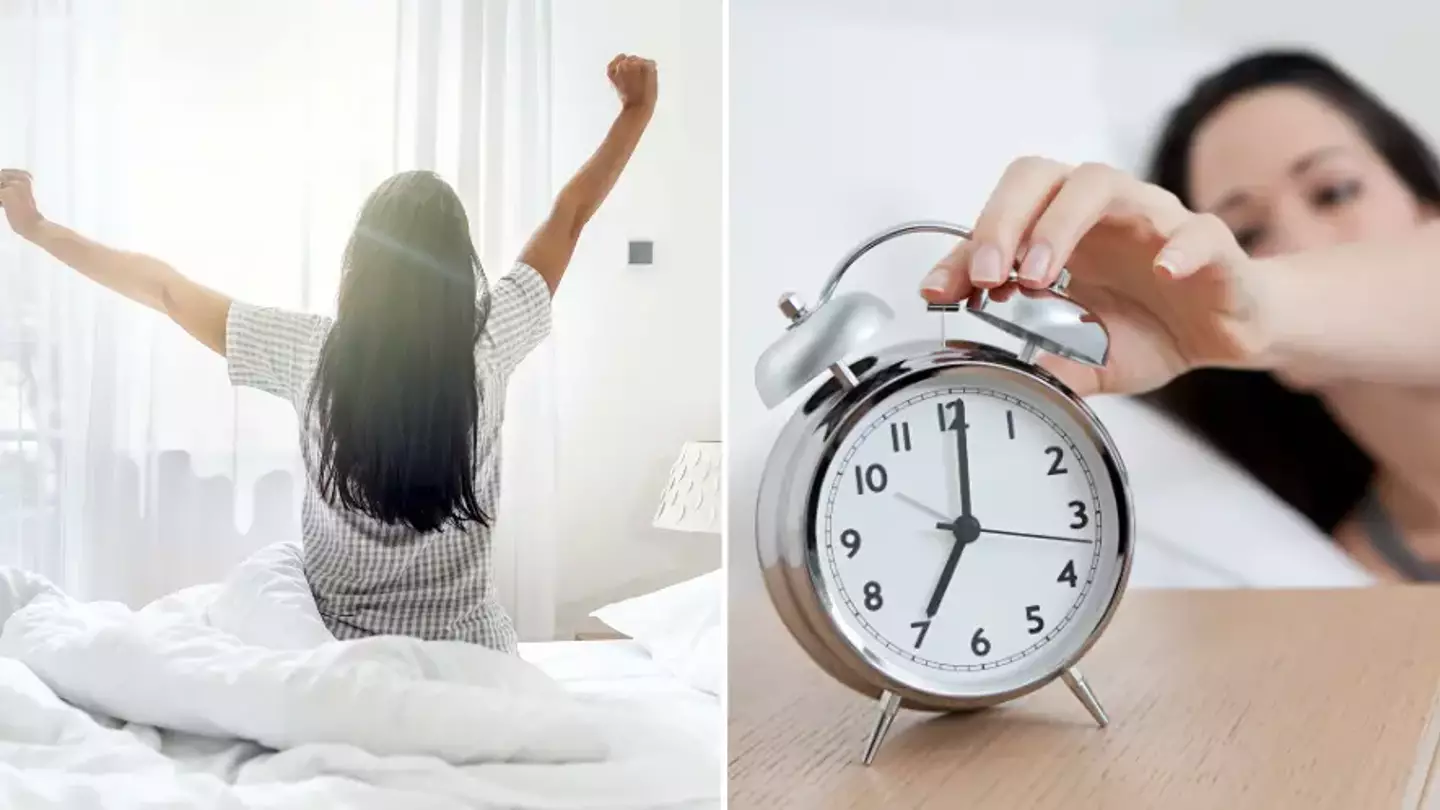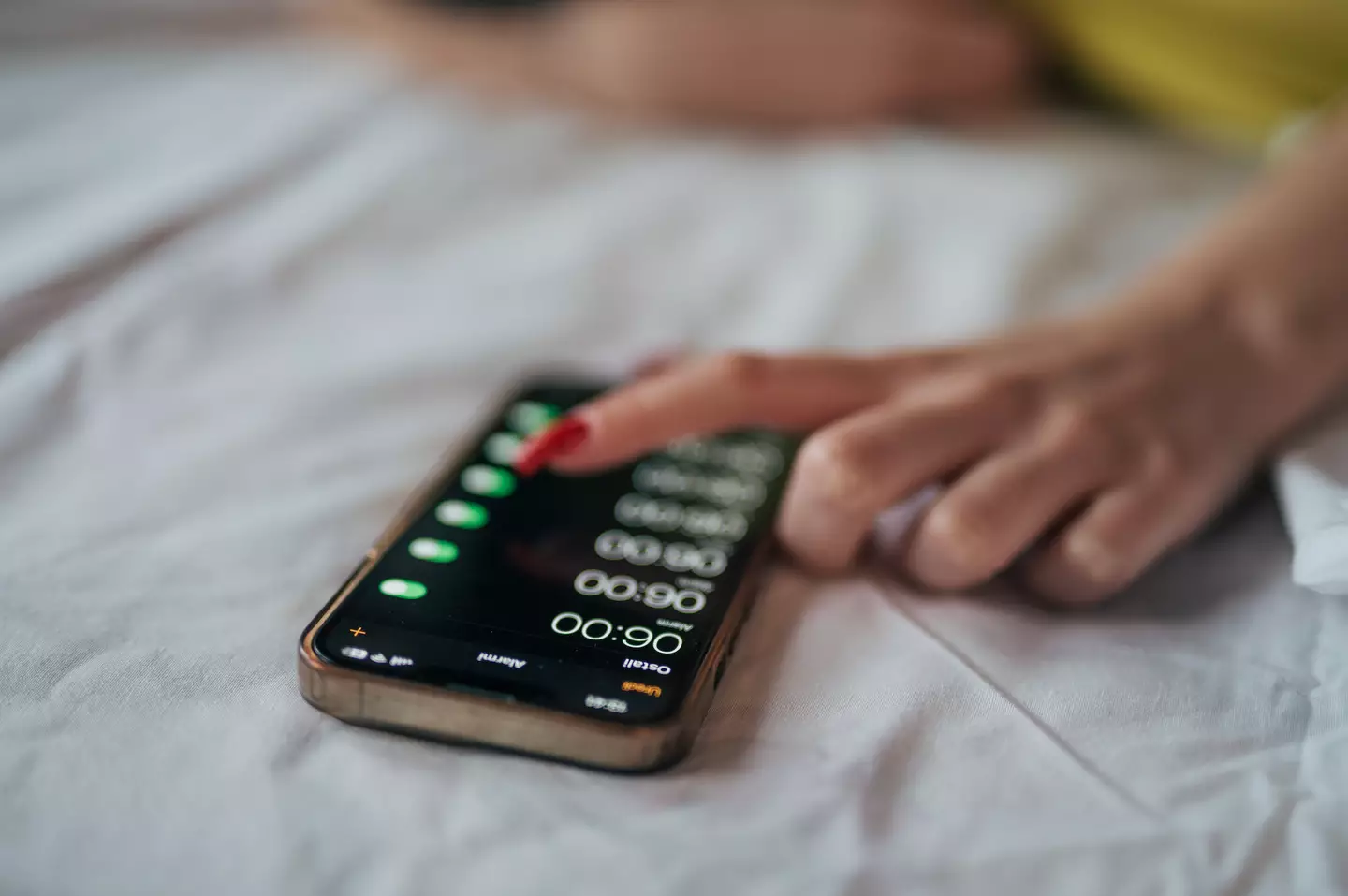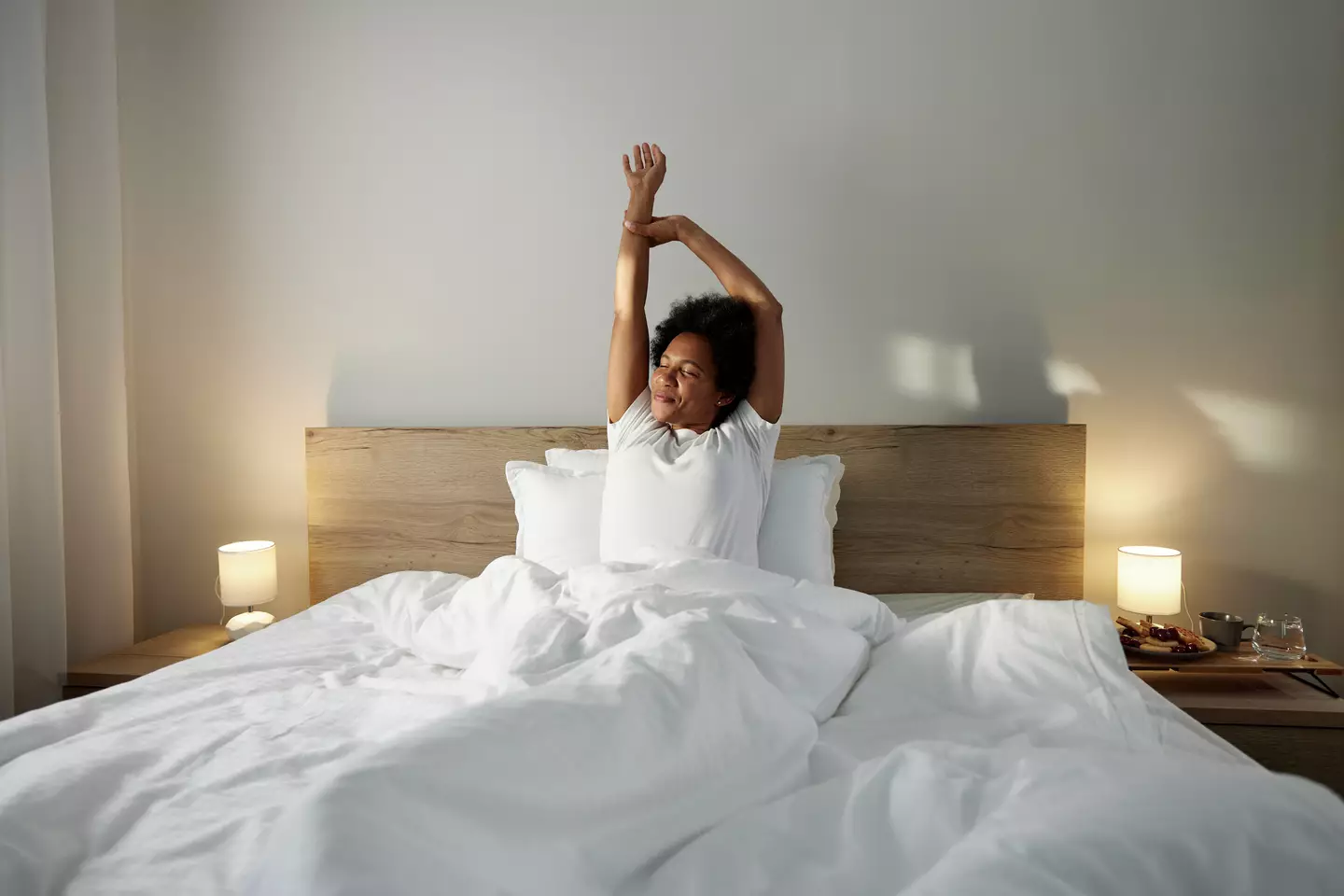
A brain specialist has revealed the 'key' to a perfect night's sleep - and it's as easy as switching off the alarm clock and waking up naturally.
That's right, it turns out that our subconscious minds hate early morning alarm sounds as much as our ears do, with one neurologist lifting the lid on how exactly how detrimental these unwelcome wake-up calls can be to our general.

Stages of sleep
As Beth Ann Marlow - a Professor of Neurology and Pediatrics at Vanderbilt University - explains, a solid sleep might not be the easiest thing to achieve, but it's absolutely essential for both our minds and bodies to try and achieve it.
That's because not only does proper sleep give you the necessary amount to use the next day, but it's also proven to assist with learning, improve your mood, and general wellbeing, and keep you at a heathy weight.
Advert
And apparently, to do so, we need to tune in with our bodies' natural clock.
"When you wake up in the morning on your own, it’s usually as you come to the end of whatever stage of sleep you were in," she said, adding that there are five different stages of sleep in an average nightly cycle.
The first and lightest stage is non-REM Stage 1 when you become drowsy, then to non-REM stages 2 and 3, with each stage getting deeper than the last.
Then, around 90 mins after we first doze off, we achieve REM (which stands for rapid eye movement), during which we usually begin to dream.
When we purposely drag ourselves out of this state, however, Professor Marlow says it can do us harm to ourselves.

"Think of it like getting off the train when it comes to a stop at the station," she said of waking up naturally, when the body feels ready.
"But when an alarm or someone else wakes you up, it’s like jumping off the train between stops, which can feel jolting. That’s why it’s good to wake up naturally whenever possible."
She went on to claim the brain can be trained to wake up each day when the individual reaches their 'natural stopping point' each day, being that our bodies have 'internal 24-hour clocks' which dictate are sleepiness levels.
Training the brain
Firstly, Professor Marlow emphasised how important it is to go to bed at a consistent time, adding that staying up too late - especially if doing something mind-consuming, like work or revision - can interfere with your bodies natural patterns.
There are several other practices that can help in securing a deeper sleep, including bidding adieu to coffee and caffeinated drinks, and taking on physical exercise during the day.
Next up, she says the strength of light in the bedroom has a huge impact.
"Light too late in the evening, including from screens, can interfere with your brain’s production of a chemical called melatonin that promotes sleep. But in the morning when you wake up, you need to be exposed to light."

Dr Marlow added: "Morning light helps you synchronise, or align, your circadian rhythms with the outside world and makes it easier to fall asleep at night. The easiest way to do this is to open up your shades or curtains in your room.
"In the winter, some people use light boxes to simulate sunlight, which helps them align their rhythms."